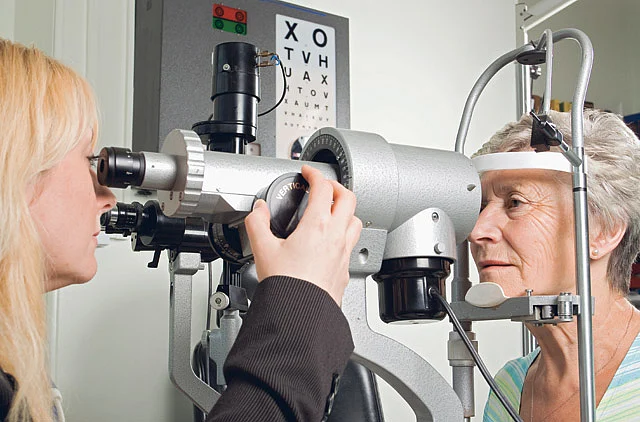London: A gene that causes shortsightedness has been pinpointed by British scientists, paving the way for eye drops that could make glasses history.
Within just ten years, a drug that prevents short-sightedness or stops it in its tracks could be in widespread use. Millions would be spared the inconvenience and expense of contact lenses, spectacles and laser surgery.
Given in childhood, the eye drops could also spare school pupils anxieties about having to wear glasses. Short-sightedness, or trouble in focussing on distant objects, affects more than one in three Britons and is becoming more common.
Caused by overgrowth of the eyeball, it usually starts developing in childhood. In some cases vision can rapidly deteriorate. There is no way of halting its progress and, in severe cases, it leads to blindness.
The latest research, by an international team led by experts at King's College London and published in the prestigious journal Nature Genetics, offers hope to millions.
The gene, known as RASGRF1, is thought to play a key role in the development of the eye and the passing of visual signals to the brain for processing. When it is faulty, the eyeball may overgrow, making distant objects seem fuzzy or blurred.
A second study identified a second short-sightedness gene. Ultimately, there could be dozens behind the condition.
Sign up for the Daily Briefing
Get the latest news and updates straight to your inbox
Network Links
GN StoreDownload our app
© Al Nisr Publishing LLC 2026. All rights reserved.
